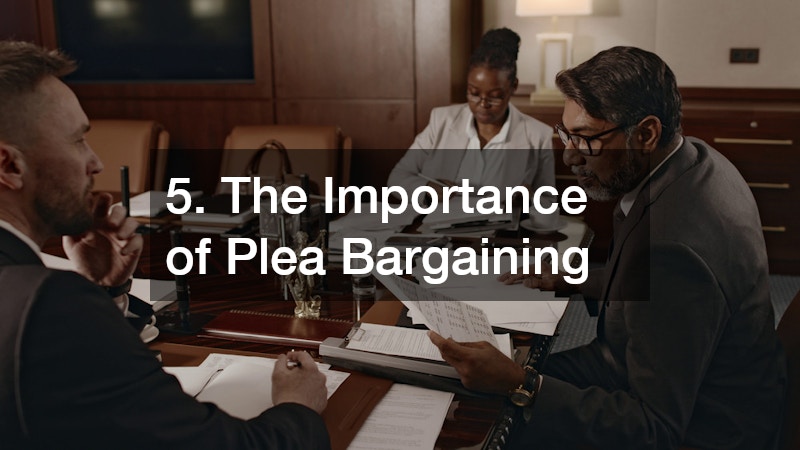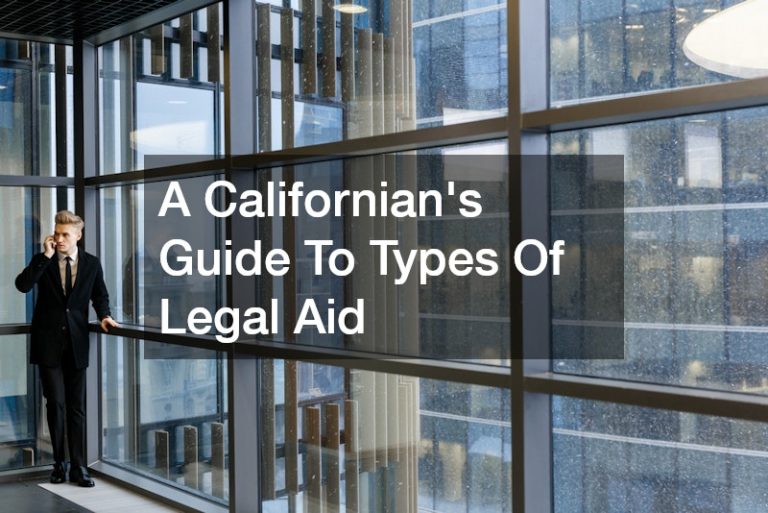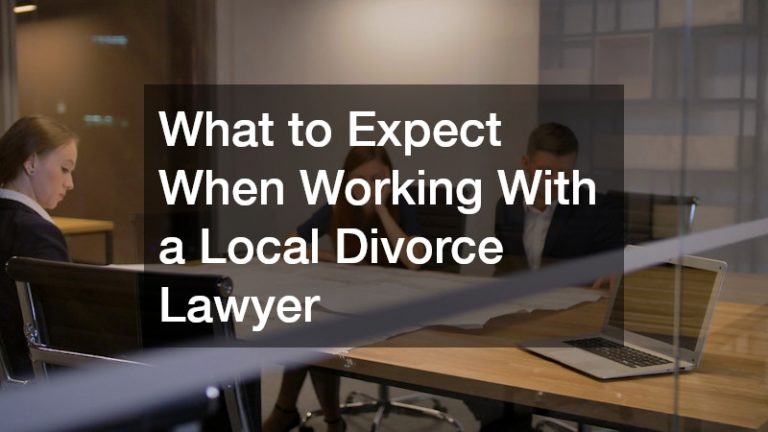
Understanding legal rights and obligations is crucial when facing criminal charges. Experienced criminal lawyers offer invaluable advice to help navigate the complexities of the legal system.
1. How to Choose the Right Criminal Lawyer for Your Case
Evaluating Legal Experience and Specializations
When selecting a criminal lawyer, it’s important to evaluate their legal experience, paying attention to the types of cases they have handled. A lawyer who specializes in your specific area of need can provide insights that a general practitioner might miss.
Specializations such as drug offenses, white-collar crimes, or violent crimes can significantly affect the outcome of your case. Ensuring your lawyer has a strong track record in these areas can increase your chances of a favorable verdict.
A lawyer with extensive courtroom experience can guide you through court proceedings with confidence. Their familiarity with local judges and prosecutors can be a valuable asset.
The Importance of a Trustworthy Attorney-Client Relationship
Trust is a cornerstone in the attorney-client relationship, allowing open communication and honest strategy development. Without this trust, critical information might be withheld, potentially harming your defense.
A trustworthy lawyer will keep you informed about your case, including its progress and potential challenges. Transparency and clear communication can alleviate the stress of legal proceedings.
It’s essential to feel comfortable discussing sensitive information with your lawyer. A strong relationship fosters an environment where you can be candid, knowing your attorney prioritizes your best interests.
2. What Are Your Rights If You’re Arrested?
Understanding Your Miranda Rights
When arrested, knowing your Miranda rights is crucial, as they serve to protect you from self-incrimination. These rights include the right to remain silent and to have an attorney present during questioning.
If the police fail to inform you of these rights before an interrogation, any statements made may not be admissible in court. This fundamental protection underscores the importance of being aware of your rights at all times.
The invocation of your Miranda rights requires you to clearly state that you wish to remain silent and request an attorney. Ensuring officers acknowledge this can prevent potential legal complications.
What to Do During Police Interrogations
During police interrogations, maintaining composure and requesting legal representation is essential. Remember, anything you say can and will be used against you in a court of law.
Even if you believe you can clear misunderstandings yourself, it’s vital to have an attorney present to advise you. Your lawyer can help manage interactions with law enforcement, protecting your interests.
Preparation with your legal counsel before police interrogations can clarify your situation and aid in presenting a coherent account. This strategic preparation can significantly impact the direction of your case.
3. Navigating the Bail Process
The Role of Bail Bondsmen
Bail bondsmen can offer a lifeline, acting as a financial intermediary when you cannot afford the full bail amount. By posting bail on your behalf for a fee, they facilitate your temporary release from custody.
Understanding the agreement with a bail bondsman is essential, including the fees and conditions attached to your bail. These terms vary, making it imperative to fully grasp your obligations to prevent further complications.
Relying on a reputable bail bondsman can reduce the financial burden, allowing you to focus resources on your legal defense. They ensure you meet court appearances while enjoying temporary freedom.
Strategies for Obtaining Bail Reductions
Negotiating bail reductions can be a critical aspect of legal strategy, often requiring the expertise of seasoned criminal lawyers. Legal counsel may argue for reduced bail based on factors such as community ties or the severity of the alleged offense.
Your lawyer might present evidence demonstrating stable employment, lack of flight risk, or absence of prior criminal history. These arguments can enhance the likelihood of securing a bail reduction.
Bail reduction hearings necessitate meticulous preparation, as presenting a compelling case requires detailed documentation and testimony. Success can alleviate financial strain and improve your ability to participate in your defense.
4. Building a Strong Defense Strategy
Collecting and Utilizing Evidence
Gathering evidence is foundational to constructing a strong defense strategy. Your legal team will meticulously analyze everything from eyewitness accounts to forensic data.
Effective evidence utilization can challenge the prosecution’s narrative or corroborate alternative theories. Demonstrating inconsistencies or gaps in the opponent’s case strengthens your position.
An experienced attorney knows how to leverage evidence efficiently, identifying what is most compelling for judges and juries. This strategic use of information is key to swaying legal outcomes in your favor.
Working with Expert Witnesses
Engaging expert witnesses can bolster your defense, providing specialized insights that clarify complex matters for the court. Experts in various fields can offer testimony that questions the validity of the prosecution’s evidence.
A well-credentialed expert can help dismantle assumptions made by the prosecution, pivoting the case to your benefit. Their testimony must be clear, compelling, and relevant to be impactful in court proceedings.
Coordinating with your legal team, expert witnesses align their information to support the overarching defense strategy. Their contributions can be pivotal in demonstrating technical aspects to a lay audience.
5. The Importance of Plea Bargaining
When to Accept a Plea Deal
Plea bargaining involves negotiating an agreement with the prosecution to plead guilty to a lesser charge. One of the key advantages of accepting a plea deal is the certainty it provides, often resulting in reduced penalties.
Your lawyer will analyze the strength of the prosecution’s case, weighing the potential outcomes against the benefits of a plea. This decision must be made with full awareness of its implications on your future.
Negotiating Favorable Plea Terms
Effective negotiation of plea terms requires skill and a thorough understanding of both the law and your case’s specifics. Your attorney will aim to achieve terms that minimize the impact on your life while serving justice.
Potential negotiation outcomes can include reduced charges, lesser sentences, or alternative forms of punishment such as probation. It is important to consider how these terms align with your long-term goals.






